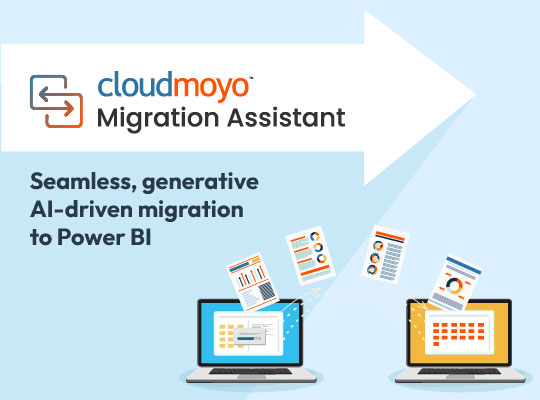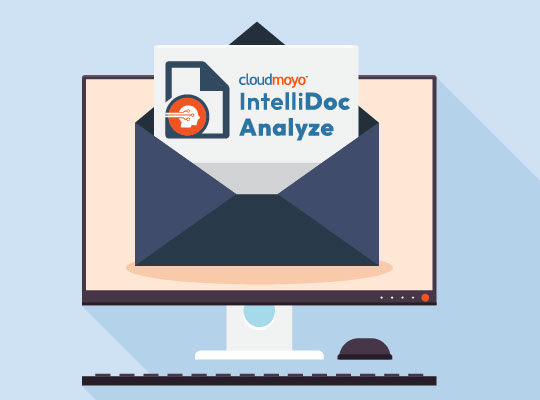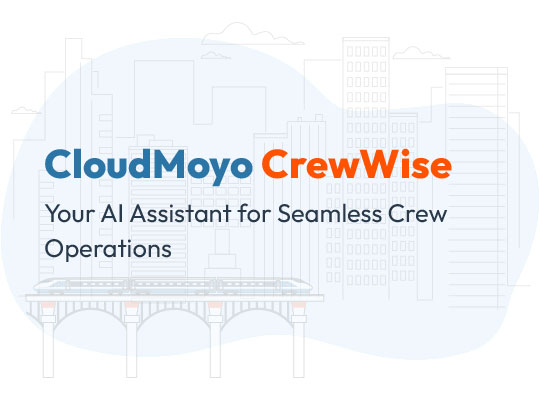“Moving to the Cloud” has been trending in tech for years, especially in the last few in the wake of the COVID-19 pandemic. Organizations around the world are investing or have invested in moving their business to the cloud for increased flexibility as many work from home, reduced cost, and increased agility as they grow. We’re living in an era where public cloud spending will grow 20.7% to a total of $591.8bn in 2023 because of all the benefits the cloud provides, so now may be the time to consider moving from on-prem environments to keep up with the pace of technology.
Security
Security and privacy in the cloud has always been a huge question. Moving to the cloud means trusting your cloud provider in ensuring your confidential data, whether it’s yours or your customers’, follows compliance regulations and keeps your business safe. Cloud technology has made leaps and strides over the decades, with many cloud service providers placing great emphasis on the security of their platforms. For example, Microsoft Azure, the world’s most robust cloud platform, places a high tag on security. Its data platform tools are tightly coupled with Azure Active Directory (AAD) to provide authorization and data-level security, encryption of data in motion and at rest, enable IP restrictions, auditing, and threat detection. Azure presents the most comprehensive compliance coverage amongst cloud providers. It has more certifications than any other cloud provider and is an industry leader in customer advocacy and privacy protection with its unique data residency guarantees.
Economy
The cloud model lowers the barriers to entry, especially when it comes to cost, complexity, and lengthy time-to-value. Cloud pricing differs greatly compared to on-premises infrastructure. With on-prem, you have to take into consideration licensing, manpower, hardware, real estate, electricity, support cost, security, deployment cost, and depreciation. All this comes with a fixed capacity. With the cloud, you get to pay for what you use and can even vary the desired configuration and performance levels. And it isn’t just time and money – cloud deployment can also free up resources that would otherwise be dedicated to managing the new environment.
Transformation
Traditional data warehouses consist of data models, extract, transform, and load processes, and data governance, with BI tools sitting on top. Instead of doing things the old way (which includes structuring, ingesting, and analyzing) enterprise data warehouses flip the paradigm and ingest, analyze, and structure by utilizing the cloud, data lakes, and polyglot warehousing. Your data warehouse is not a single technology, but rather a collection of technologies.
Agility
Many departments within a business have started to use data analytics to justify spend, analyze performance, make better business decisions, and more. These departments need quick access to data to help inform their decisions and waiting for an IT team to provide data to analyze is unproductive. Cloud technologies, like Power BI, exist to remove the middleman, allowing various arms of your business to make decisions quicker. Power BI stores data in a data warehouse and then provides insights to the necessary parties. With an on-prem environment, deployment cycles are very long, you’d need to upgrade every 2-3 years, and data can get very messy.
Intersection with Big Data
Today, a single person creates roughly 1.7MB of data per second. Now imagine all those people working for companies around the world – how much data do you think is generated by organizations? Big data has empowered the world to tap any kind of unstructured data sources to gain insights. And cloud data warehousing is the bridge between structured data from legacy on-premises data warehouses and these newer, unstructured, big data sources.
Time to Move to the Cloud
On-premises workloads will only keep shifting to the cloud. In the days, months, and years to come, cloud data warehouses will replace on-premises data sources as the main source of decision support and business analytics. As you consider your cloud service provider, choose a platform and partner you can scale with as your business grows. Choose a partner that provides the right level of security, and who can transform your unstructured data into insights that will support your long-term business goals.
Azure SQL Data Warehouse, a cloud-based data warehouse hosted on Microsoft Azure is capable of processing massive volumes of data and can provide your business the speed & scale that it needs to manage enterprise data.
At CloudMoyo, we help you migrate your data platform to the Azure cloud, as well as help build customized solutions in Azure to make the most out of your data. To learn more, contact our team for a cloud consultation, or just to ask any questions you have about cloud migration!
Originally Publish July 7, 2017; Updated February 23, 2023




















